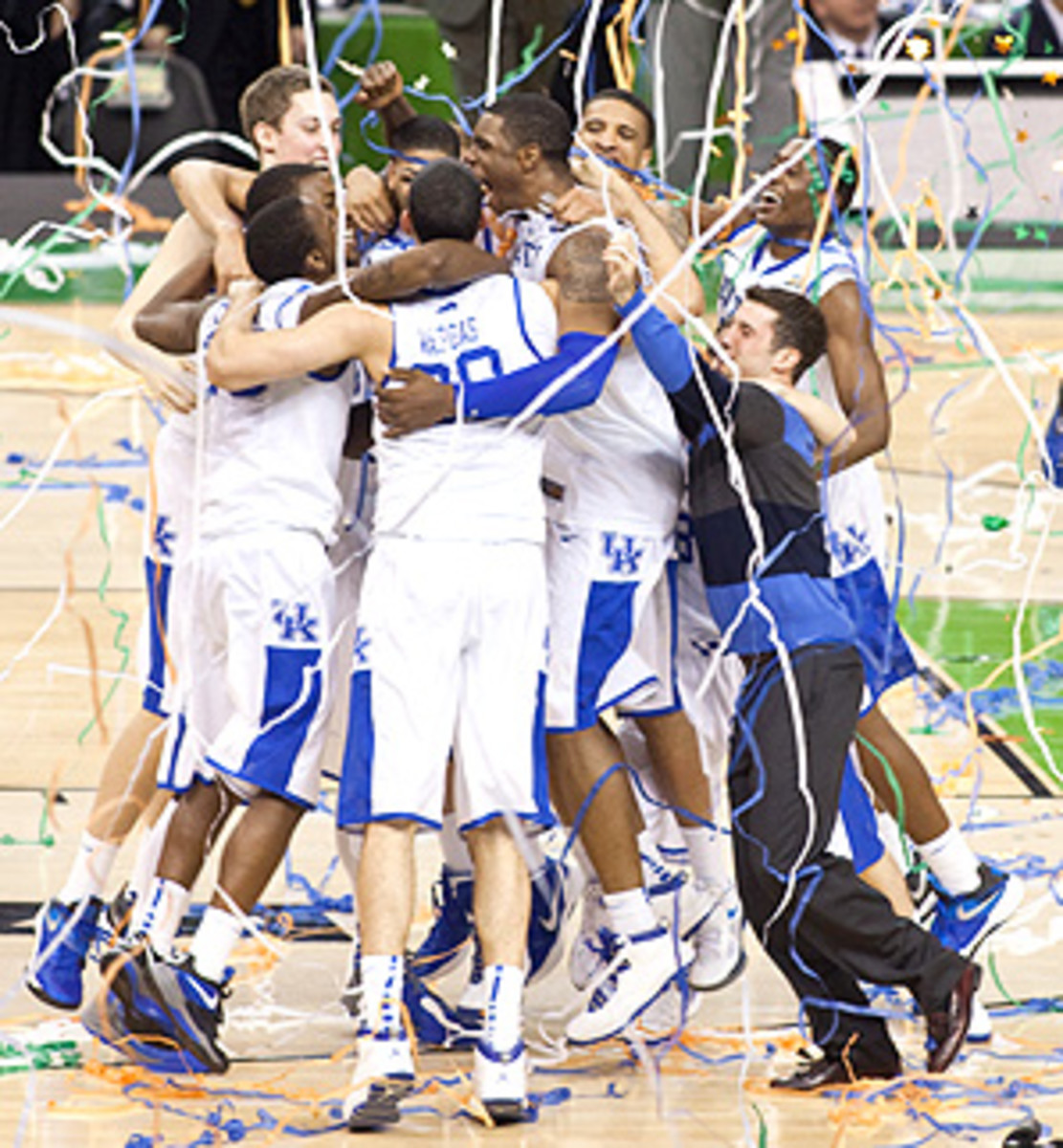Despite benefits, NCAA claims gambling hurts sports' integrity


This column is also award-winning writer Frank Deford's weekly sports commentary on NPR.
For those dearly devoted of you who paid attention to me in September, I noted that the best bet in the NFL had proven to be whenever a West Coast team played an East Coast team at night, because the Pacific players had their clocks better set. There would be two such night games this year, and sure enough, both times the West Coast team beat the point spread. Not only that, but the first game of the World Series also fit that formula, and sure enough the underdog San Francisco Giants routed arguably the best pitcher in baseball, Justin Verlander of Detroit, and went onto sweep the Series.
Unfortunately, since all you SI.com readers are, I'm sure, law-abiding citizens, only those relatively few of you living in the great Silver State of Nevada could have legally gotten bets down on my wise circadian tip. Thanks to a bizarre 1992 federal law, Nevada is blessed to be the only state that can allow gamblers to bet legally on a single game... and thereby help fill the state coffers with a cut for facilitating the bets -- what's called "vigorish" in the trade (and "easy money" otherwise).
New Jersey seeks to buck the law and allow Nevada-style sports books. Predictably the four major team sports and the NCAA have sued the Garden State to stop its effort to be as equal before the law as Nevada, and in a baffling decision, a U.S. district judge has somehow concluded that it's fair to argue that legal gambling in states other than Nevada would create a negative image about games. That's like the feds saying nobody but Georgia can legally grow peaches without damaging American peach taste buds.
Now consider. The NCAA, that noble bastion of hypocrisy, makes virtually all its money from its basketball championship -- March Madness -- which derives most of its popularity (and hence its TV bonanza) from illegal office pools. And of course, the professional leagues -- wink, wink -- publicize fantasy leagues, which are nothing but betting vehicles. Altogether in the United States, betting on real games with illegal bookmakers is estimated at $380 billion a year. People bet sports everywhere. Gambling, in fact, promotes interest in sports. The NFL in particular is essentially America's casino. But the sanctimonious commissioners and the blowhard who runs the NCAA maintain, nonsensically, that legal gambling hurts the integrity of sports... while somehow illegal bookmaking remains beneficial for their games.
Also, if I were Chris Christie and Bruce Springsteen and Cory Booker and Bon Jovi and Snooki, I'd want to know why the federal government gives preferencial treatment to one state over the other 49. I don't think those are fair constitutional odds.
